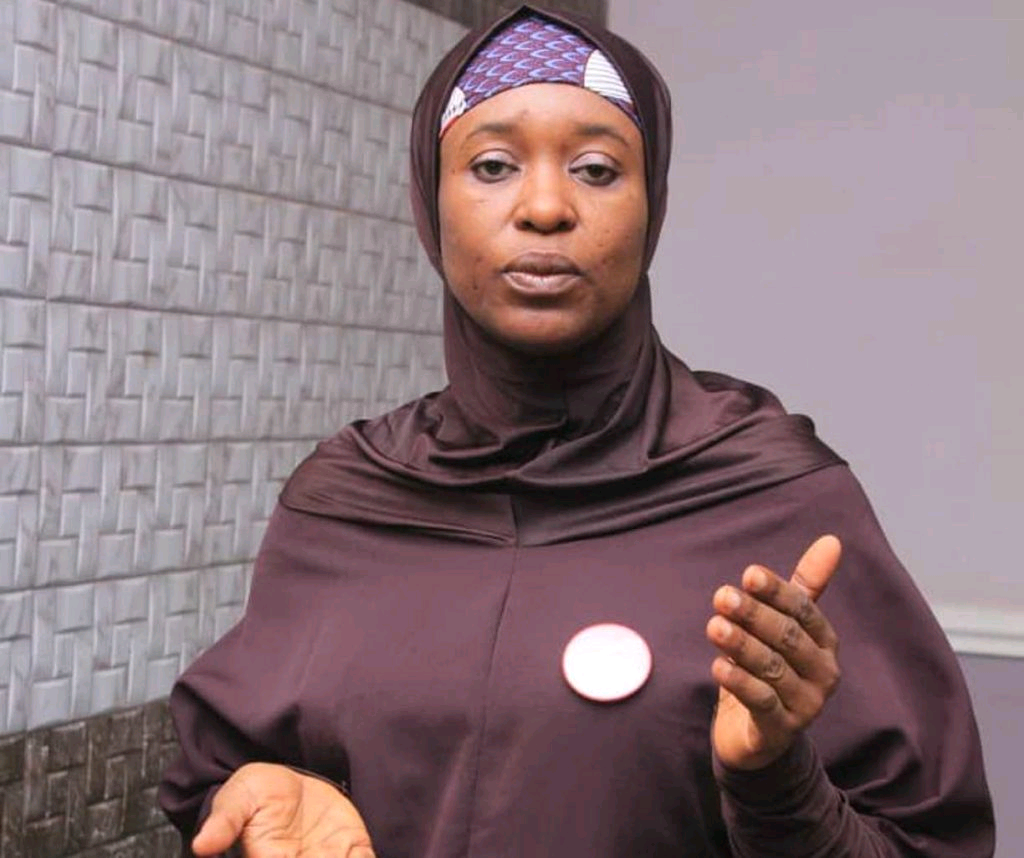On Saturday, renowned activist Aisha Yesufu lauded Nigerians for their courageous stand against perceived injustices, affirming that their actions have demonstrated their refusal to be subjugated.
Her commendation came in the wake of the widespread protests during the #EndBadGovernanceInNigeria campaign and the one-million-man march.
The protest, which was planned to coincide with the culmination of ten days of demonstrations, aimed to highlight various grievances and advocate for significant changes.

Organisers had announced their intention to hold a massive one-million-man march across all 36 states and the Federal Capital Territory (FCT), with the primary demand being the reinstatement of the fuel subsidy.
The protests, however, escalated into violence in several states including Kano, Plateau, Niger, Jigawa, Gombe, Bauchi, Yobe, and Borno. Reports indicate that at least 15 individuals lost their lives, many were injured, and substantial property damage occurred as clashes between protesters and security forces intensified.
In a statement posted on X, Aisha Yesufu expressed her pride in the resilience of Nigerian citizens who, despite facing severe repression from security agents, continued to voice their discontent.
She described the protesters as “Active Citizens” rather than “Slaves,” underscoring their determination to stand up for their rights.
Yesufu’s message highlighted the bravery of those who participated in the demonstrations despite the risks and the harsh response from the authorities.
She also extended her condolences to the families of the deceased, wishing for the souls of those who lost their lives to rest in peace.
The protests, while primarily focused on the demand for the return of the fuel subsidy, symbolised a broader call for governance reforms and an end to what many protesters perceive as systemic corruption and mismanagement.
The unrest reflected deep-seated frustrations over the current socio-economic conditions and the perceived inadequacies of the government’s response.
The government’s handling of the protests has drawn criticism for its heavy-handed approach, which many argue exacerbated the situation.
The violence and fatalities that occurred have further ignited debates about the appropriate methods for addressing public dissent and the need for more transparent and accountable governance.
As the situation continues to unfold, the protests have shed light on the urgent need for dialogue and meaningful engagement between the government and its citizens.
The events have also underscored the role of activism in driving societal change and the importance of safeguarding the rights of individuals to peacefully express their grievances.
The aftermath of the protests will likely have significant implications for Nigeria’s political landscape and its approach to handling public demonstrations.
The calls for justice and reform, as voiced by the protesters and supported by activists like Aisha Yesufu, are likely to remain at the forefront of national discourse as the country navigates its path forward.
Support InfoStride News' Credible Journalism: Only credible journalism can guarantee a fair, accountable and transparent society, including democracy and government. It involves a lot of efforts and money. We need your support. Click here to Donate
